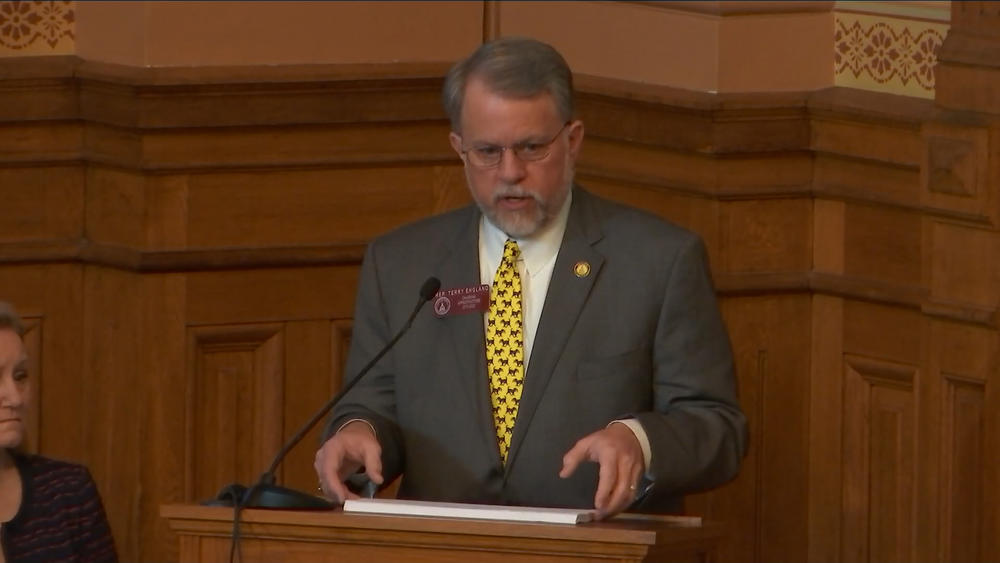Section Branding
Header Content
House Committee Rejects Many Kemp Budget Cuts
Primary Content
A key House committee voted Tuesday to reject many of the steep cuts Gov. Brian Kemp had requested for the current budget year, capping off a hectic stretch of adjournment, committee hearings and line-by-line budget negotiations.
The House Appropriations Committee gaveled in at 7 a.m. to begin considering Kemp’s recommended changes to the current state budget, which the governor asked to be cut by roughly $200 million. Committee members voted unanimously to add back full, or at least partial funding, for many of their key priorities including money for rural health, behavioral health and criminal justice reform.
Health care funding emerged as a key area of concern during last week’s round of committee hearings, which were held throughout last week to review Kemp’s requested changes. Tuesday, lawmakers restored funds for medical resident training, rural physician insurance support, grants for medical schools, and funding for Alzheimer’s, autism and behavioral health programs.
“We've got to deal with addiction, mental health, and developmental disabilities, because if a person is not totally healthy, they are not employable,” said Rep. Katie Dempsey (R-Rome), who chairs the Appropriations sub-committee overseeing health funding in the state.
“This is not a takeaway,” Dempsey said. “It's finding ways for savings, appropriate delayed starts to help our governor deliver the budget that I know he would want to.”
For criminal justice, lawmakers also returned money for accountability courts, public defenders and laboratory technicians in crime labs. Rural lawmakers welcomed restoration of funds for the agricultural extension service, food and animal inspectors and state park staffing and maintenance.
Because the state operates on a balanced budget by law, lawmakers had to find savings elsewhere in the budget. House Appropriations Committee Chairman Terry England (R-Auburn) explained those savings came from a combination of delaying implementation for some administrative programs, funds from vacant state jobs not yet filled, unawarded state contracts, and a new plan to collect unpaid taxes.
“Anytime you're dealing with revenue reduction and having to go in and make cuts, knowing that cuts are tied to people, is very hard,” England told GPB News after the committee voted.
He also said the legislative break was exhausting, but necessary.
“The last two weeks have been incredibly helpful on piecing the puzzle together,” he said.
The full House is expected to vote on the amended 2020 Wednesday, when the measure will head to the Senate for consideration.
Many in the Capitol see this week’s vote as a preview of a larger battle looming over next year’s 2021 budget, which Kemp has recommended see cuts of 6% or $300 million.

